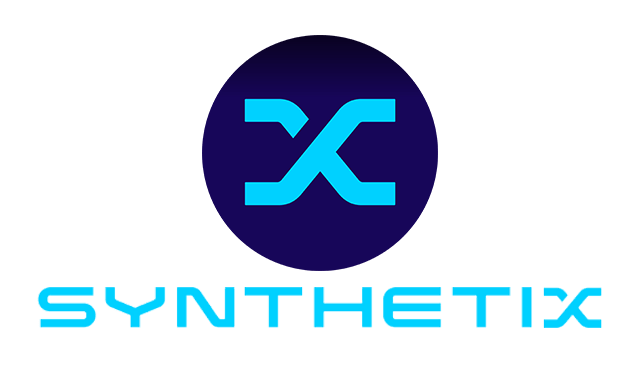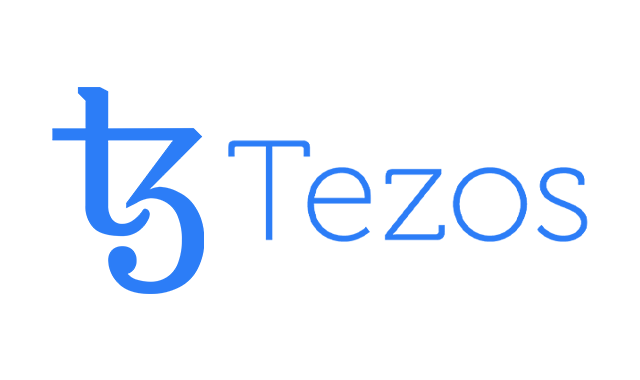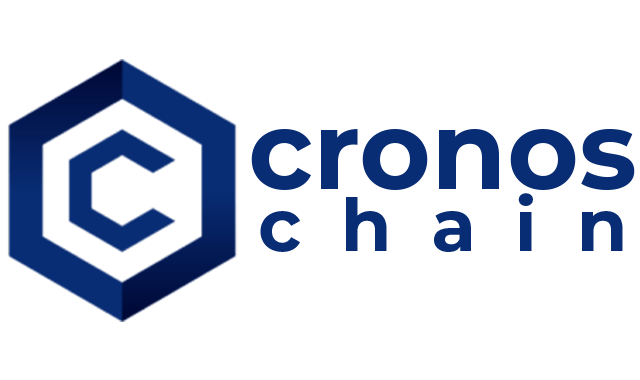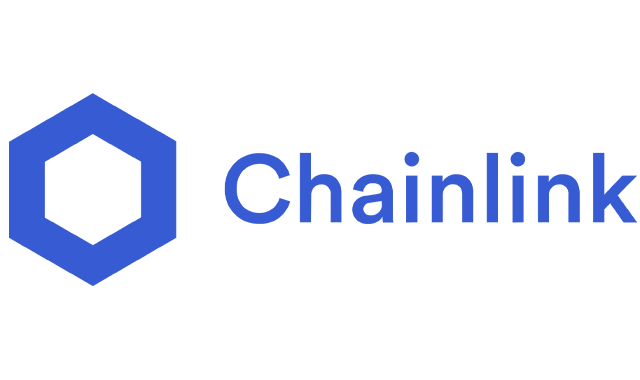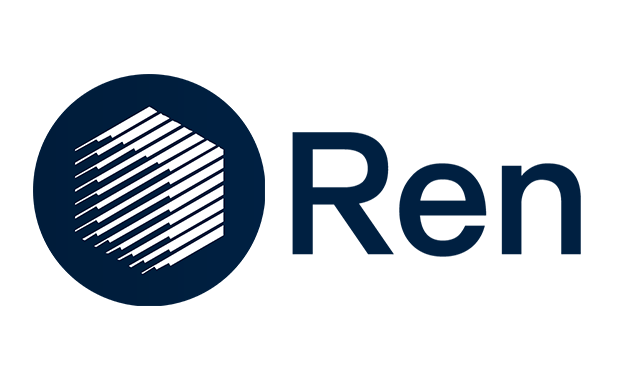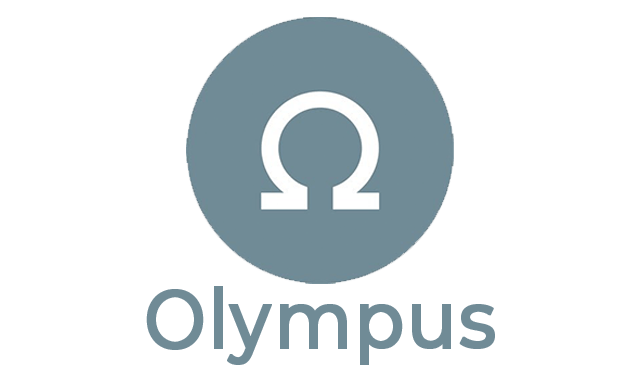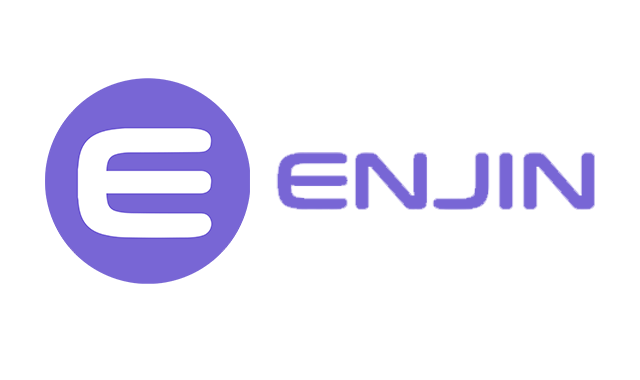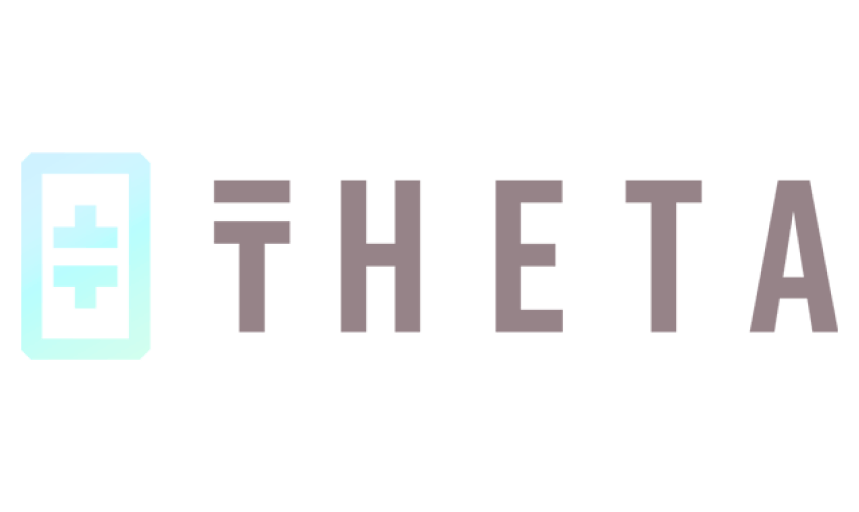Building the Future: Explore the Blockchain Infrastructure
Discover the latest advancements in blockchain infrastructure. Join the decentralized revolution and build the future of finance.
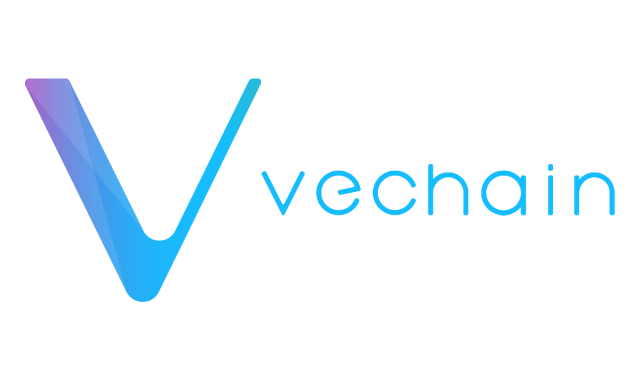
VeChain
Have you heard about VeChain (VET)? It’s an up-and-coming cryptocurrency getting a lot of buzz lately as people search for the Next Big Thing. VeChain is built on the Ethereum blockchain to create value and secure transactions.
It directly partners with Walmart China, BMW, and PriceWaterhouseCoopers (PWC). VeChain has ambitious plans to become one of the major players in digital ledger technology, and many predict explosive growth in the foreseeable future.
Most major crypto exchanges have listed VeChain (VET), which means you can purchase or leverage it using fiat money or other cryptocurrencies. In this article, we’ll go into more detail on why it may be worth investing in this platform, and you can get the latest news on VET and VTHO.
What is VeChain?
VeChain (VET) is a blockchain-based platform designed to enhance Supply Chain Management (SCM)and business processes. It uses a decentralized network to securely store and transfer data related to the production, transportation, and storage of goods. This allows companies to track their products in real time, improving efficiency, reducing costs, and enhancing customer trust.
In addition to (SCM), VeChain could be used for various other applications, such as quality control, product authentication, and anti-counterfeiting measures. Its unique features include digital contracts, which allow for automated transactions and reduced transaction fees, and the ability to generate a second token, called VeChainThor, used for transaction fees.
This Ethereum-based platform is an innovative platform that has the potential to revolutionize the way businesses operate and interact with their customers. Its focus on transparency, security, and efficiency makes it a valuable tool for various industries and use cases.
How does VeChain (VET) work?
VeChain (VET) is a blockchain-based platform that aims to provide a more efficient and secure way to track various products’ SCM. The platform was founded in 2015 and officially launched in 2018. Here’s how it works:
- Blockchain technology: VeChain is built on blockchain or digital ledger technology that uses automated contracts to track transactions and data. It is a blockchain ecosystem that includes both VeChainThor Public Blockchain and the VeChainThor Authority Masternode, meaning anyone can access and participate in the network.
- Two-token system: VeChain has two tokens: VeChain Tokens (VET) and VeChainThor Energy (VTHO). VET is the primary token used for storing and transferring value on the VeChain network of 101 authority masternode operators. Holding VET coins generates VTHO coins. These VTHO tokens are used to pay for the computational power needed to process transactions.
- Supply Chain Management Solutions: VeChain provides a transparent and secure way to track the traceability of the value chain of various products. Companies can use VeChain to track their products from the manufacturing stage to the end customer. This can help improve efficiency, reduce costs, and enhance customer trust.
- Proof of Authority (PoA) consensus mechanism: VeChain blockchain uses a PoA consensus mechanism to validate transactions on the network. In this system, a select group of nodes (called Authority Masternodes) is responsible for validating transactions. This allows for faster transaction speeds and lower energy consumption than other blockchain systems that use Proof of Work (PoW) or Proof of Stake (PoS) consensus mechanisms.
- Partnerships: VeChainThor has partnered with several companies and organizations across various industries. This includes partnerships with Det Norske Veritas Germanischer Lloyd Company, among others.
The Technology behind VeChain (VET)
VeChain uses a proof-of-authority (PoA) consensus algorithm, considered more energy-efficient than proof-of-work (PoW) algorithms used by some other blockchain platforms.
The platform’s technology also includes several features designed to enhance the security and efficiency of the platform, including:
- Smart contracts: VET’s digital contracts allow for secure and transparent interactions between different parties on the platform, such as suppliers, manufacturers, and customers.
- NFC/RFID technology: The platform has near-field communication (NFC) and radio-frequency identification (RFID) technology to track and verify the authenticity of physical products throughout the value chain. These are Internet of Things (IoT) technology that helps to prevent counterfeiting and increase transparency. IoT Technology is responsible for real-time data collection, analysis, and communication.
- The VeChain ToolChain™: The VeChain ToolChain ™ is a suite of tools and services that enable businesses to build then blockchain-based applications on the VeChain platform. This makes it easier for businesses to integrate cryptographic technology into their existing processes.
- VeChainThor blockchain: The VeChainThor blockchain is the backbone of the platform. It is designed to be highly scalable and can handle many transactions per second. This is important for an SCM platform, where many different parties may be making transactions at the same time.
What makes VeChain (VET) unique?
- Enterprise-focused: VeChain aims to cater to the needs of enterprises, providing them with a blockchain-based platform for managing their value chains and tracking their products. The platform seeks to provide an enhanced design for SCM efficiency, transparency, and accountability.
- Built-in governance: VeChain has a built-in governance system that allows token holders to vote on proposals and changes to the network. This ensures that the network evolves in a way that benefits the community.
- Strong partnerships: VeChain has formed strategic partnerships with several leading companies, including BMW, PwC, and Walmart China. These partnerships give VeChain access to a wide range of industries and markets, helping to drive the platform’s adoption.
- Patented technology: VeChain has several patented technologies, including its PoA consensus algorithm and its Multi-Party Payment Protocol (MPP), which enhance the security, speed, and scalability of the platform.
Community
The blockchain-based platform focuses on improving SCM and business processes. The community is made up of individuals and organizations who are interested in the technology and its potential applications.
The community includes VechainThor blockchain stakeholders, investors, developers, the steering committee, businesses, and individuals who believe in the potential of this platform to revolutionize SCM and other industries. They are actively involved in developing, testing, and promoting the technology.
VeChain has a strong presence on social media platforms such as Twitter, Reddit, and Telegram, where community members share news, updates, and ideas related to the project. In addition, numerous forums and discussion groups are also dedicated to VeChain and its applications.
In addition, VeChain hosts regular meetups and events where VeChainThor public community members can network, learn about the latest VeChain developments, and share their ideas and experiences. These events are great for members to connect and collaborate on new projects and initiatives.
Partnerships with Enterprise, Companies, and Organizations
VeChain (VET) has partnered with various companies and organizations across multiple industries. Here are some notable ones:
- Det Norske Veritas Germanischer Lloyd Company: A global quality assurance and risk management company, Det Norske Veritas Germanischer Lloyd Company is working with VeChain since the company wants to develop a blockchain-based platform that verifies the authenticity and origin of products.
- BMW: The German carmaker uses VeChainThor’s blockchain or cryptographic technology to track the lifecycle of its vehicles and ensure that they are genuine.
- Walmart China: Walmart China uses VeChainThor’s cryptographic technology to track the logistics of its food products, from farm to store, to improve food safety and quality.
- PwC: The global professional services firm is working with VeChainThor to provide blockchain-based solutions to its clients in logistics management, anti-counterfeiting, and digital identity.
- Haier: The Chinese home appliance manufacturer has partnered with VeChainThor to develop a blockchain-based platform that tracks the lifecycle of its products, from production to disposal.
- DB Schenker: The global logistics company uses VeChainThor’s cryptographic technology to improve value chain transparency and efficiency.
- BYD: The Chinese automaker uses VeChainThor’s cryptographic technology to track the lifecycle of its electric vehicle batteries and ensure they are authentic.
- Bright Foods: The Chinese food and beverage company uses VeChainThor’s cryptographic technology to track the origin and quality of its products.
- PICC: The People’s Insurance Company of China is using VeChainThor’s cryptographic technology to improve the efficiency of its insurance claims process.
- Renji Hospital: The Shanghai-based hospital uses VeChainThor’s blockchain or cryptographic technology to securely store and share medical records and track the authenticity of pharmaceuticals.
- San Marino: The Southern Europe microstate has partnered with VeChainThor to develop digital identity solutions and blockchain applications. VeChainThor will provide its blockchain to develop a digital identity system for the citizens of San Marino, allowing them to access services such as voting, healthcare, and banking securely and transparently.
These are just a few examples of VeChainThor’s partnerships. The company has also worked with other notable companies such as Kuehne+Nagel, BitOcean, and Pudong Development Bank.
Where to buy or sell VeChain Tokens?
Some of the popular exchanges that support VET include:
- Binance
- DigiFinex
- BingX
- BitMart
- Huobi Global
- Gate.io
- BKEX
How can VeChain (VET) be mined?
VeChain (VET) is not a mineable crypto asset like Bitcoin or Ethereum. Instead, it uses a consensus algorithm known as Proof of Authority (PoA), where nodes are authorized by the VeChain Foundation to validate transactions.
In VeChain’s PoA system, nodes are selected based on their reputation. They are responsible for verifying transactions and adding them to the blockchain. These nodes are incentivized through transaction fees, which are paid in VET.
Therefore, if you want to earn VET as your digital asset, you can participate in the VeChain ecosystem in other ways, such as by staking your tokens or providing liquidity to VET-based and Decentralized Application (DApps) exchanges.
How does VeChain compare against its competitors?
The main competitors of VeChain in the blockchain-based SCM space include IBM Food Trust, Provenance, and Waltonchain.
IBM Food Trust is a blockchain platform that was launched in 2018 and aims to improve food safety and traceability. IBM Food Trust uses a permissioned blockchain, meaning only authorized parties can access the data stored on the platform. In addition, IBM Food Trust has partnered with several major companies, including Walmart, Nestle, and Dole, to improve supply or value chain transparency.
Provenance is another blockchain-based platform that focuses on transparency in value chains. Provenance uses a permissionless blockchain, which means that the data stored on the platform is accessible to anyone. Provenance has partnered with several companies, including Co-op, Sainsbury’s, and The Body Shop.
Waltonchain is a blockchain platform that aims to improve SCM by providing real-time tracking of products. Waltonchain uses RFID technology and blockchain to track products throughout the value chain. Waltonchain has partnered with several companies, including Fujian Sunnada Communication Co. Ltd., to provide secure and transparent value chain tracking.
VeChain has several unique features that set it apart compared to its competitors. One of the main advantages is its focus on business adoption. It has established partnerships with several major companies, including Walmart China, BMW, and H&M. These partnerships have helped to establish VeChain as a leading blockchain platform for SCM.
VeChain History
Sunny Lu is the founder and the current CEO of the Company. He was formerly a CIO of Louis Vuitton, China. VeChain began in 2015 as a private consortium of a Chinese company BitSE. In 2018, this subsidiary was rebranded as VeChain.
In 2017, VeChain’s team held an initial coin offering of VEN tokens on the Ethereum blockchain, which sold 1 billion coins and raised a VeChain price equivalent to 20 million USD price. But, it was now swapped with VeChain Tokens (VET), which is basically the 2.0 version of VEN. After starting its transition to a public blockchain with the ERC-20 token VEN, before launching a mainnet of its own in 2018 under the ticker VET.
Now, this blockchain-based platform uses a two-token system consisting of VET Token and VeThor Token (VTHO). VET is the main cryptocurrency, while VTHO is the ticker symbol for VeChainThor and is used to pay transaction fees and services on the network. With the help of VeChainThor, existing companies can leverage blockchain technology to address pressing issues in the real world while lowering the barriers to entry.
VeChainThor’s technology allows for secure and transparent tracking of products and information throughout the value or supply chain. This helps to reduce fraud, counterfeiting, and other issues that can arise in complex value chains. The platform uses RFID tags, QR codes, and other technologies to create a unique digital identity for each product, which can be tracked from production to consumption.
VeChain has partnerships with many enterprises and companies in different industries, including PwC, Det Norske Veritas Germanischer Lloyd (DNV GL), and Walmart China. These partnerships have helped to increase the adoption and integration of this blockchain-based platform into various logistics and business processes.
VET Price Statistics
VET Price Today
VET Market Cap
Circulating Supply
What is the all-time high and all-time low for VeChain VET?
Related Crypto
